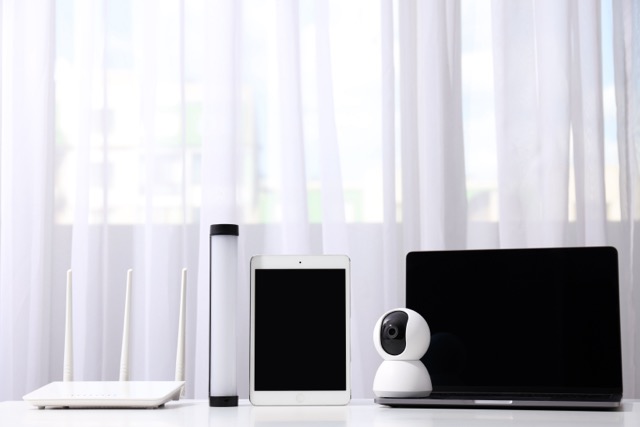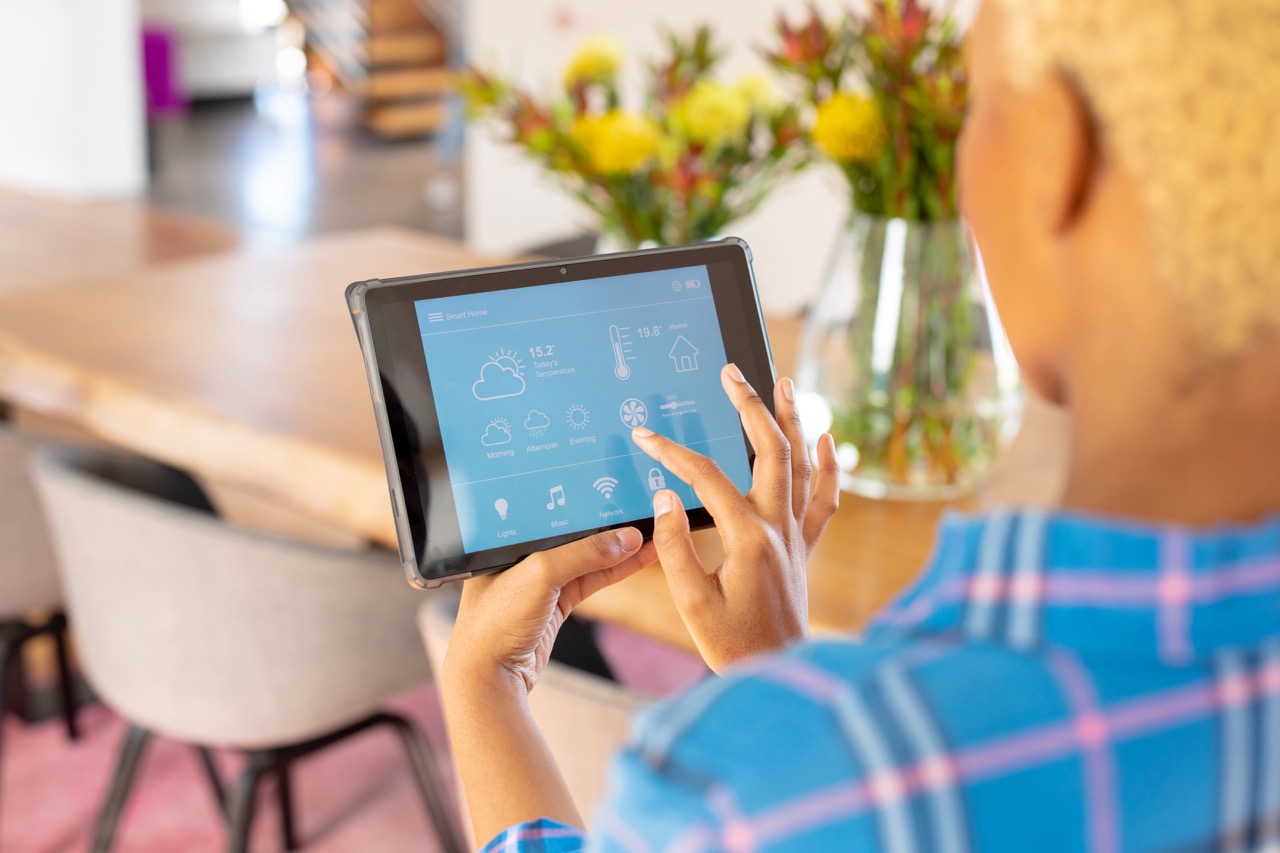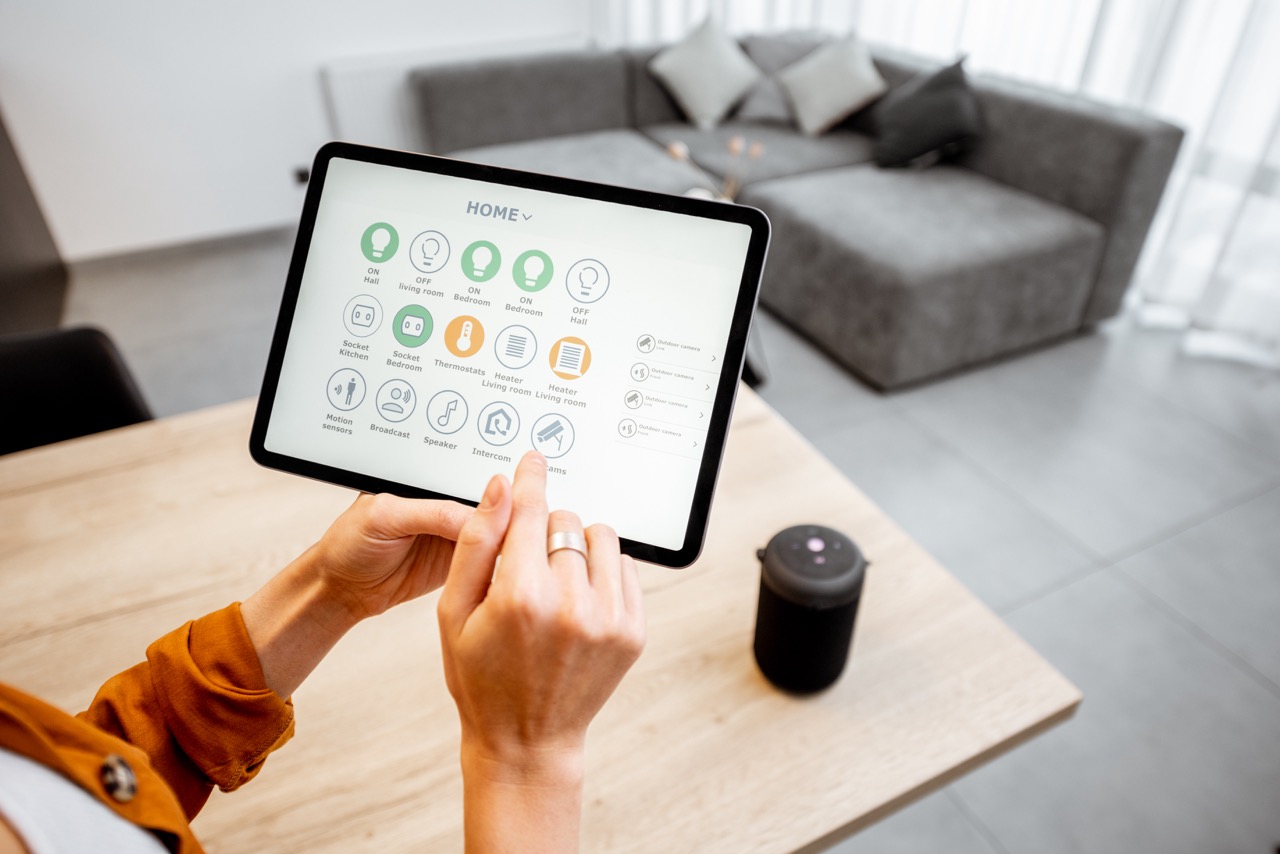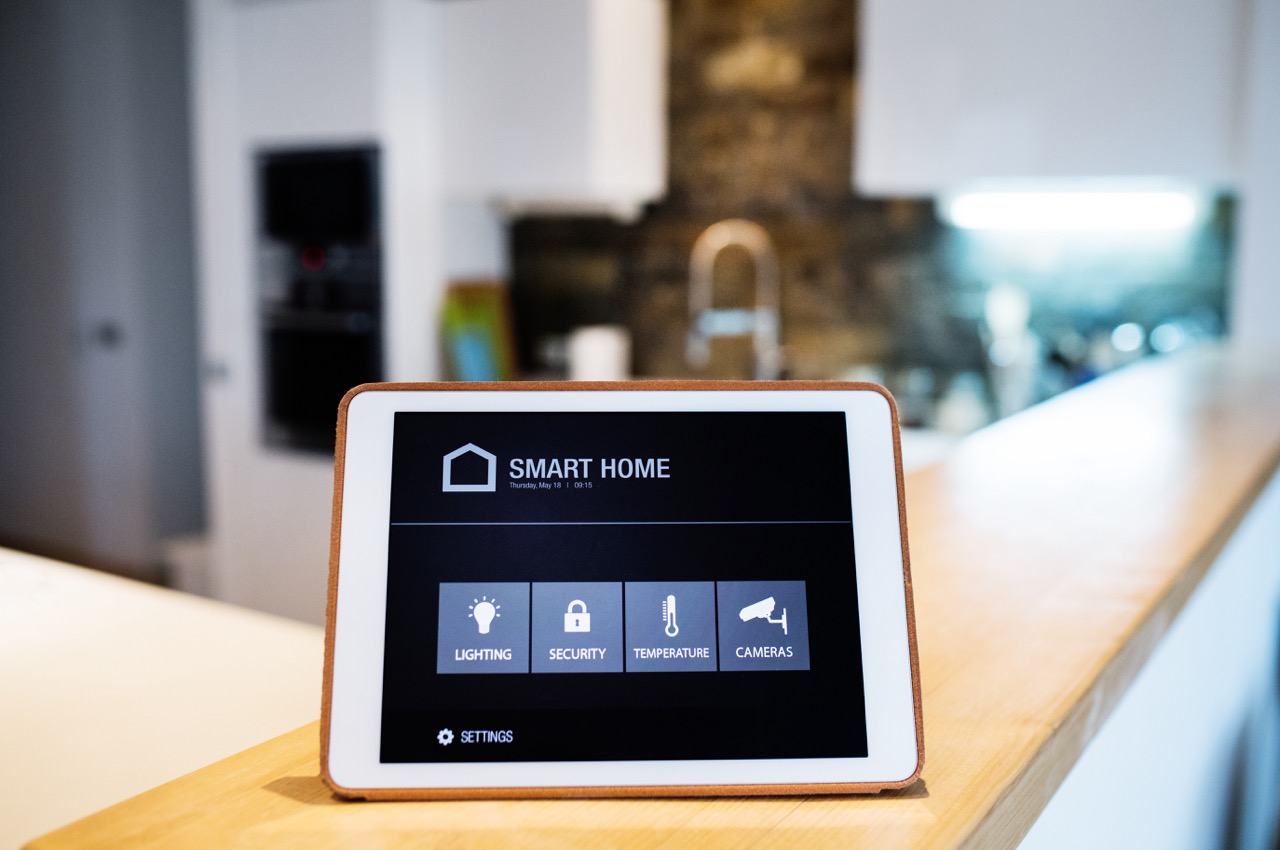In the swiftly evolving landscape of healthcare technology, smart devices have become pivotal tools in monitoring and managing mental health. As the prevalence of mental health issues rises globally, innovative solutions are increasingly in demand. Smart devices, equipped with the ability to track, analyze, and respond to mental health needs, offer a promising frontier. This article delves into the critical evaluation of such devices, exploring their effectiveness, implications, and future potential in enhancing mental wellness.
Evaluating the Impact of Smart Devices on Mental Health
The integration of smart devices into mental health care has revolutionized the approach towards diagnosis and continuous monitoring. These devices, ranging from wearable tech to smartphone apps, collect real-time data that can indicate stress levels, mood changes, and other mental health markers. Such data enables timely interventions, potentially averting crises. However, the efficacy of these interventions largely depends on the accuracy and sensitivity of the devices themselves. Research suggests that while some devices offer substantive insights into mental wellbeing, others may fall short, providing overly simplistic interpretations of complex emotional states. It is crucial, therefore, to approach these findings with a discerning eye, recognizing both the capabilities and limitations of current technology.
How Technology Enhances Mental Health Monitoring
Technology, particularly in the form of smart devices, enhances mental health monitoring by enabling continuous, personalized care. These devices often use algorithms to analyze behavioral patterns, suggesting that deviations from the norm could indicate a potential mental health issue. For example, changes in sleep patterns or activity levels can be early indicators of depression or anxiety, which these devices can detect and report. Moreover, the integration of AI and machine learning has further refined the accuracy of predictions and recommendations made by these devices, making them more reliable over time. This level of personalization and immediacy is unprecedented in traditional mental health care practices, which typically rely on intermittent clinical assessments.
The Pros and Cons of Using Smart Devices
While the benefits of using smart devices for mental health monitoring are evident, there are also notable drawbacks. On the positive side, these devices offer greater accessibility to mental health resources, breaking down barriers that may prevent individuals from seeking help. They also promote self-management of mental health, empowering users to take charge of their well-being. Conversely, reliance on technology can lead to over-dependence, where users might substitute professional medical advice with data from these devices. Additionally, the variability in the quality of different devices can lead to discrepancies in the support and accuracy provided, potentially leading to mismanagement of mental health conditions.
Cutting-Edge Devices: Are They Truly Effective?
The effectiveness of cutting-edge mental health devices often lies in their design and the algorithms they employ. Devices that are rigorously tested and backed by substantial clinical research tend to offer more reliable data and recommendations. For instance, smartwatches that monitor heart rate variability and skin conductance have been shown to accurately reflect stress levels, which can be crucial for managing anxiety. However, not all devices undergo such thorough scrutiny, and some may offer features that are more gimmicky than therapeutic. It is essential for consumers to critically evaluate these products, seeking devices that are both scientifically validated and tailored to their specific mental health needs.
Privacy Concerns with Mental Health Gadgets
Privacy concerns are paramount when it comes to devices that monitor mental health. The sensitive nature of the data collected poses significant risks if it were to be mishandled or accessed by unauthorized parties. Many users may not fully understand the extent of data sharing and storage involved when using these devices. Furthermore, the legal frameworks protecting this data vary substantially across different jurisdictions, potentially exposing users to privacy breaches. To mitigate these risks, manufacturers must prioritize robust security measures and transparent data policies to protect user confidentiality and trust.
Future Directions in Smart Mental Health Technology
The future of smart mental health technology appears promising, with advancements focusing on enhancing accuracy, user-friendliness, and integration with existing healthcare systems. Researchers are exploring the potential of neurotechnology devices that can monitor brain activity and offer more direct measures of mental health. Additionally, there is a growing trend towards creating holistic platforms that not only track mental health but also provide integrated therapeutic tools and support systems. As the field advances, it is crucial that these innovations are guided by ethical considerations, ensuring that they enhance rather than complicate the landscape of mental health care.
Smart devices have the potential to transform mental health monitoring and care, offering tools that are both innovative and impactful. However, as we navigate this promising terrain, it is vital to remain critical and cautious. We must balance the benefits of convenience and innovation with the responsibilities of accuracy, privacy, and ethical deployment. Moving forward, the focus should be on developing devices that are not only technologically advanced but also deeply aligned with the fundamental goal of improving mental health outcomes. In doing so, smart devices can truly fulfill their potential as vital allies in the pursuit of mental wellness.










